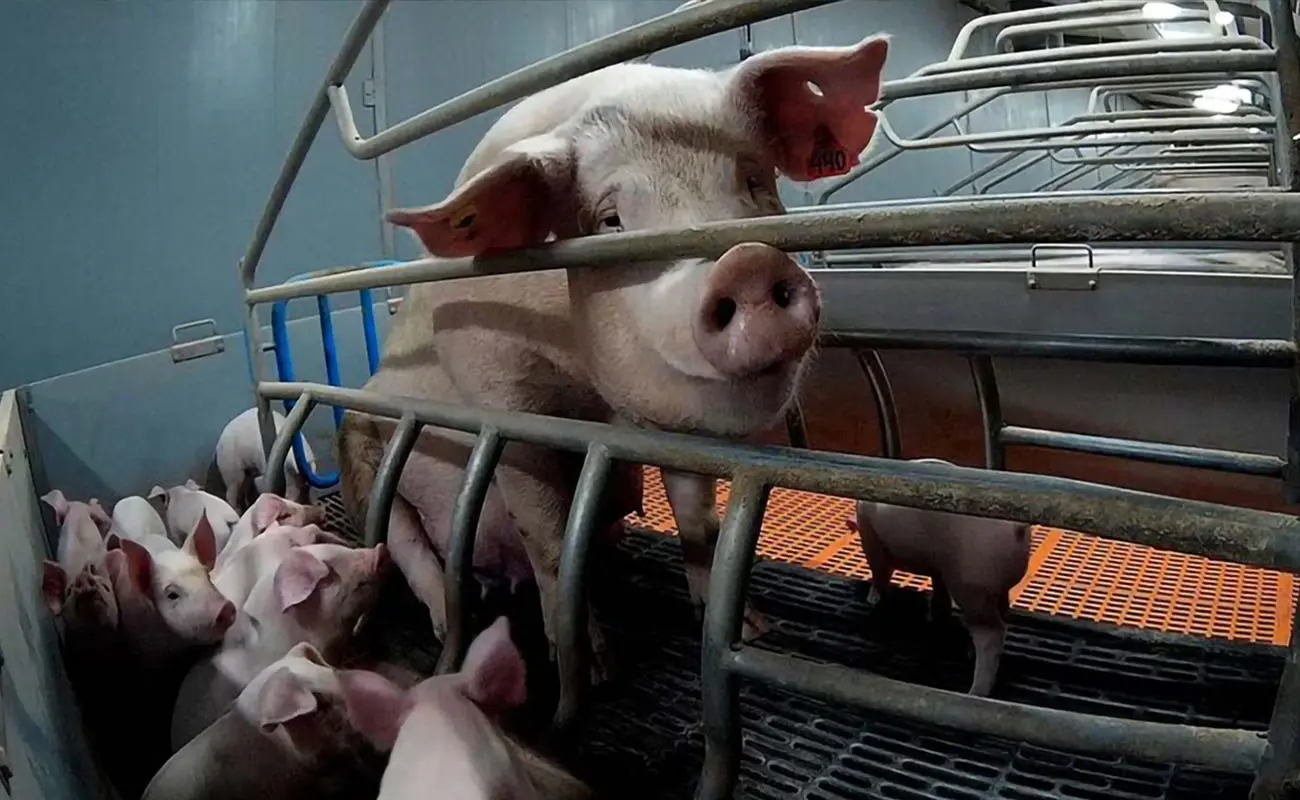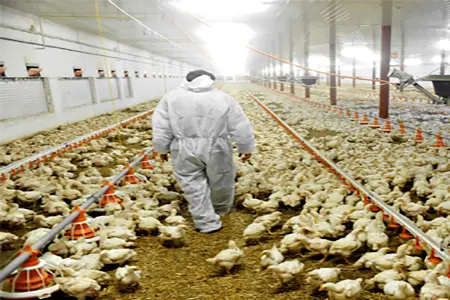The Public Health category provides an in-depth exploration of the critical intersections between human health, animal welfare, and environmental sustainability. It highlights how the industrialized systems of animal agriculture contribute significantly to global health risks, including the emergence and transmission of zoonotic diseases such as avian flu, swine flu, and COVID-19. These pandemics underscore the vulnerabilities created by close, intensive contact between humans and animals in factory farming settings, where overcrowding, poor sanitation, and stress weaken animal immune systems and create breeding grounds for pathogens.
Beyond infectious diseases, this section delves into the complex role of factory farming and dietary habits in chronic health issues worldwide. It examines how excessive consumption of animal-derived products is linked to heart disease, obesity, diabetes, and certain types of cancer, thereby placing immense strain on healthcare systems globally. Additionally, the rampant use of antibiotics in animal farming accelerates antibiotic resistance, threatening to render many modern medical treatments ineffective and posing a severe public health crisis.
This category also advocates for a holistic and preventative approach to public health, one that recognizes the interdependence of human well-being, animal health, and ecological balance. It promotes the adoption of sustainable agricultural practices, improved food systems, and dietary shifts towards plant-based nutrition as vital strategies to reduce health risks, enhance food security, and mitigate environmental degradation. Ultimately, it calls on policymakers, health professionals, and society at large to integrate animal welfare and environmental considerations into public health frameworks to foster resilient communities and a healthier planet.
Fuel your athletic performance with the power of plants. A vegan diet is becoming a popular choice among athletes seeking to boost endurance, improve recovery, and maintain peak health. Rich in essential nutrients, antioxidants, and sustainable energy sources, plant-based eating supports optimal body composition while reducing inflammation for faster recovery. Whether you’re aiming to enhance stamina or build strength, discover how a vegan lifestyle can help you achieve your fitness goals and elevate your performance naturally


























































